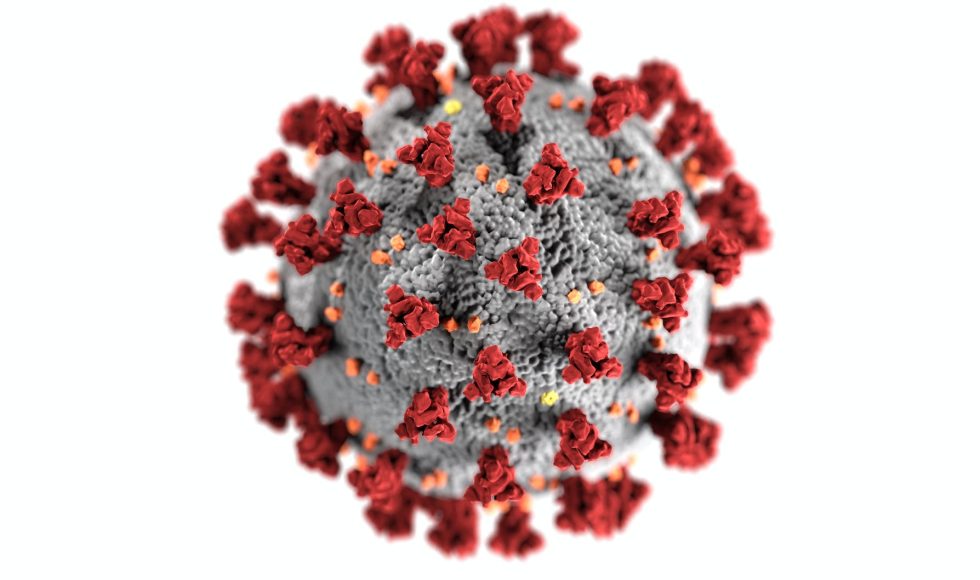Christian Stevens from the Icahn School of Medicine at Mount Sinai presented at London Calling 2022 on “de novo assembly of immunoglobulin loci linked to full-length single-cell transcriptome of antigen-specific plasmablasts.” I was curious: what are plasmablasts? Stevens described the project as a subject who receives an MMR vaccine, at day six they extract PBMCs, […]
Mashiat Mimosa from the University of Toronto, Canada, spoke about “Optimization and validation of a nanopore-based sequencing method for potential molecular testing of CNS tumours.” Mimosa explained that brain tumors are the leading cause of cancer-related deaths worldwide, and glioma brain tumors account for >80% of all malignant tumors! Glioma diagnostic algorithm is very complex […]
Alejandro Gener from the Association of Public Health Laboratories & Los Angeles County Public Health Laboratories, presented at London Calling 2022. Gener presented on “Assembly deconvolution resolves SARS-CoV-2 haplotypes in Delta-Omicron co-infections.” They described that between December 2021 and January 2022 Delta and Omicron strains of SARS-CoV-2 were circulating. Public health labs had to rule […]
Reindert Nijland from the Wageningen University in the Netherlands wanted to teach more students about Nanopore and long-read sequencing. Nijland presented at the 2022 London Calling conference a very short (three minute) session describing how they use “Nanopore sequencing for biodiversity assessment in an educational setting.” They developed an Advanced Molecular Ecology course to help […]
Alvin Ng from the Early Cancer Institute at the University of Cambridge in the UK presented at London Calling 2022 on “Early detection of Barrett’s esophagus and esophageal adenocarcinoma using Oxford Nanopore long-read sequencing.” They began by explaining Barrett’s esophagus (BE) as the pre-malignant condition of esophageal adenocarcinoma (EAC) and has three stages: non-dysplastic, low-grade […]
Mike Vella spoke at London Calling 2022 about “Dorado – a modern, C++, Torch-basecaller.” Vella is the Director of Machine Learning Operations with Oxford Nanopore. At the time of the recording, they had released a preview. Vella defined a basecaller as something that takes data from sensors and translates that into nucleotides… but Vella noted […]
Rosemary Bamford from the University of Exeter, UK, presented at London Calling 2022 on “Long-read transcriptome sequencing reveals isoform diversity across human neurodevelopment and aging.” Bamford spoke about how they are using long-read transcriptome sequencing to study neuropsychiatric disorders. I didn’t know neuropsychiatric disorders have such prevalence globally! There are some findings revealing genetic risk […]
Ashley Beck from Carroll College spoke about “Applying nanopore sequencing in the undergraduate classroom for environmental microbiome analysis” at the 2022 London Calling Conference. They explained that they are dedicated to bringing technology and education to teach undergraduates. They took samples from a contaminated river from Western Montana. With students, Beck collected samples. The next […]
What is Nanopore Sockeye? Tonight I watched a session with Sockeye in the title and may finally learn what it does! Eoghan Harrington, a genomic applications fellow at Oxford Nanopore Technologies, presented at London Calling 2022 on “Sockeye: nanopore-only demultiplexing of single-cell reads.” They explained that there has been an explosion of single-cell applications and […]
I have been interested in using nanopore sequencing to identify modified bases. Tonight, I watched Adrien Leger, a Senior Research Scientist at the Sequencing Chemistry program in Oxford Nanopore Technologies present at London Calling 2022. This session was an update of the Remora epi-basecaller release. They explained the similarities between remora fish and the remora […]











